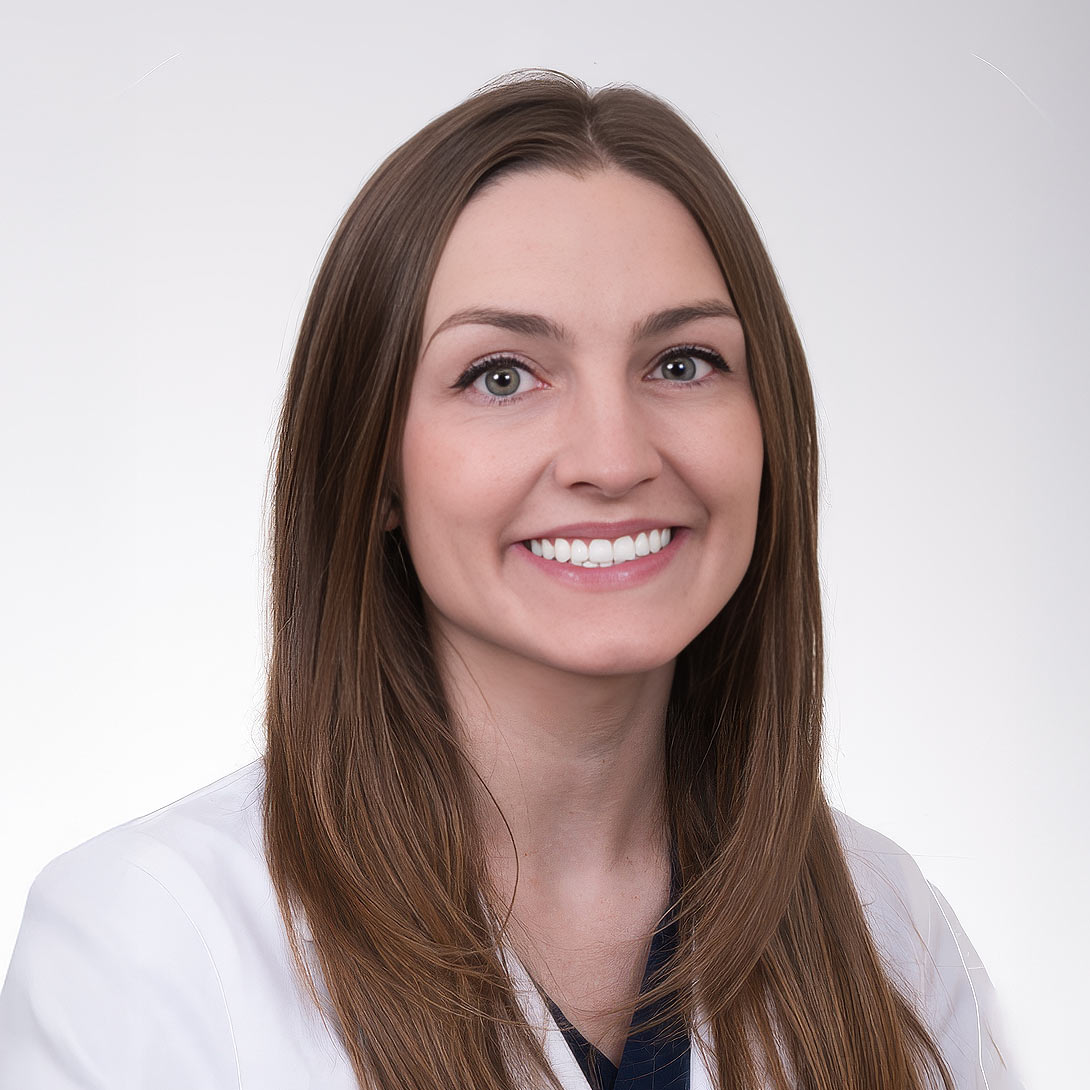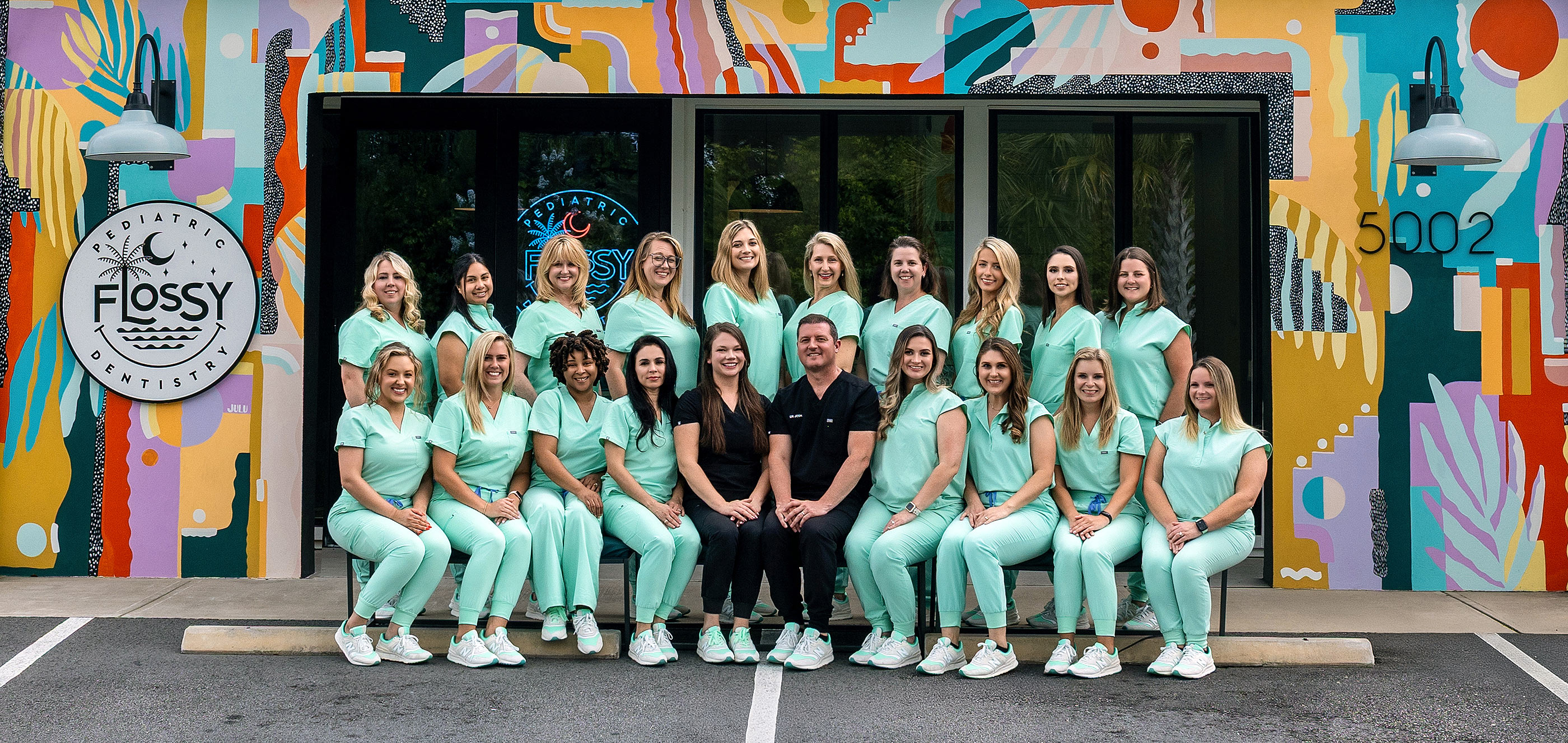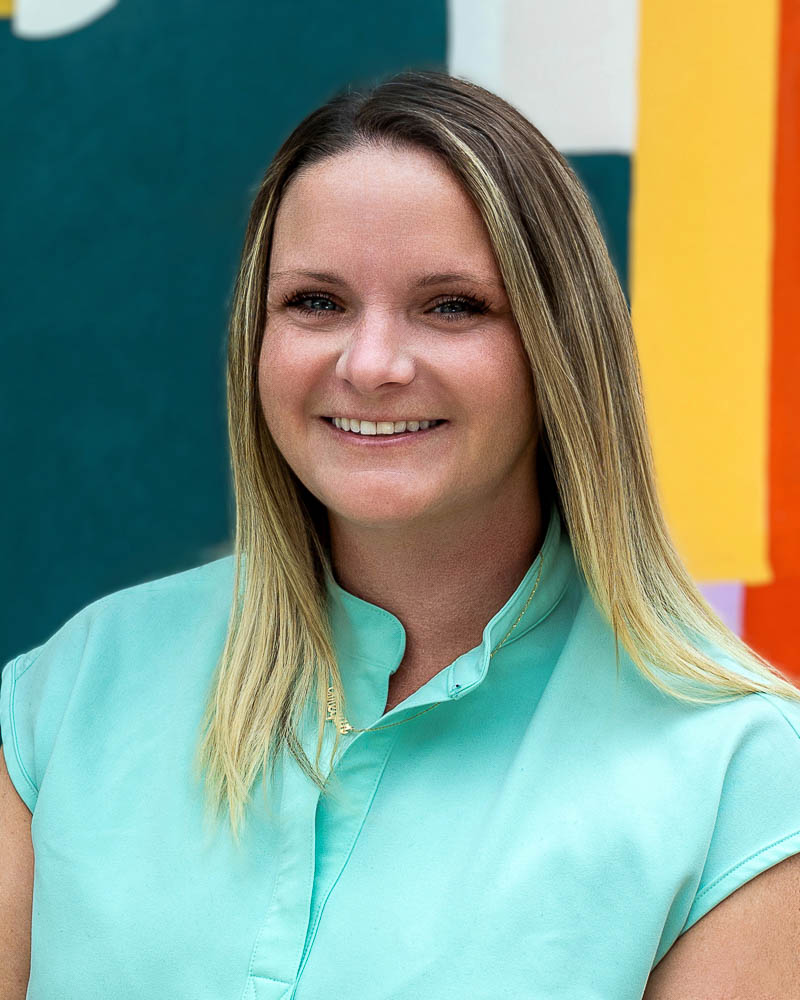

0011.jpg)










































Please be aware that during the first appointment, treatment such as fillings or extractions will NOT be done. We use the first visit to get to know your child and gain his or her confidence in us, to assess your child’s dental needs, and to evaluate behavior to determine the best approach to take in any necessary treatments.
Parents are welcome to come to the treatment room with their child as silent observers. For the safety and privacy of all patients, other children who are not being treated should remain in the reception room with a supervising adult. Exceptions will be made for parents with infants.

Your child’s first visit to the dentist can set the stage for a lifetime of good oral health. And as your baby grows, regular dental visits will be just as important as regular visits to the pediatrician. That's why it's crucial to find a practice that offers comprehensive baby, child, adolescent, and special-needs dentistry in a soothing, kid-friendly environment. You want your child to feel comfortable and secure when visiting the dentist, and Flossy Pediatric Dentistry can provide the perfect environment. We offer an array of services that will grow with your children through the years, and put them on the right path for a lifetime of good oral health.
No two children are alike, and we understand that certain patients require a specific approach. Dr. Josh is experienced with special needs dentistry, and treats these patients with the care and compassion they deserve.
Dental Cleanings & Fluoride Treatments
Baby Exams
Digital X-rays
Dental Sealants
Restorative Care including Crowns, Fillings
Root Canals (baby teeth), and Extractions
Tooth-Colored Fillings and Crowns
Minimal Sedation with Nitrous Oxide (“Laughing Gas”)
Oral Sedation and General Anesthesia When Necessary
Space Maintainers (Spacers)
Sports Dentistry including Exams & Athletic Mouthguards
Emergency and Dental Trauma Care
Limited Orthodontic Treatment

We practice ALARA (As Low As Reasonably Achievable) which is a safety principle fundamental to minimizing radiation exposure. We are committed to using the most accurate digital imaging equipment requiring the lowest ionizing radiation exposure.
The standard of care dictates what is clinically acceptable for the geographic region you live in. The following chart shows what x-rays we take and when for your child:

We are insurance friendly! We accept most PPO insurances and we are a preferred provider for many PPO insurances. We know high quality dentistry is expensive and we will help get the most out of your insurance and pay the least out-of-pocket. Call for a pre treatment estimate.

Life has changed for you, but what a great change! Most babies are born without teeth, but the mouth still needs to stay clean! Gently wipe your baby's gums after feedings. Avoid the transmission of cavity causing bacteria and other sick germs by limiting behaviors where saliva is shared. This includes the sharing of utensils or cups with your baby. Teething usually starts around 6 months and continues until 2-3 years old. We do recommend using a "smear" of fluoridated toothpaste when brushing your child's teeth. This is equivalent to a rice grain amount of toothpaste. Not much! It is best to establish feeding times for your baby or young child. Babies with frequent contact with formula throughout the day or who are put to sleep with bottle can develop cavities very rapidly. As babies learn to walk, injuries are common. Be sure to protect your babies teeth by placing barriers on sharp corners and hard surfaces such as brick fireplaces and bathtub faucets. Pacifier habits should be discontinued by their 2nd birthday. By age 3, you should encourage your child to discontinue any thumb or finger habit.
This is a very fun age! Kid's imaginations are soaring and they love life. Keep their teeth clean with a "pea size" amount of fluoridated toothpaste 2 times per day. Spit out but don't rinse. Spaces will become much tighter so flossing is needed. Make brushing teeth fun! Sing songs, make noises, etc. Let them brush independently, but always brush after them to make sure the teeth are being properly cleaned, especially before bedtime. Establish a nighttime routine that includes brushing teeth. Studies show that kids sleep better with these routines that include brushing teeth. We encourage reading to your kids instead of screen time! If thumb or finger habits continue to this age, you will most likely see bony changes. Intervention may be needed depending on the child.
Around 6 years old, permanent teeth start coming into the mouth starting with the 6 year molars. These teeth usually have many deep grooves and sealants are recommended to prevent cavities in these grooves. Studies show that kids don't have the hand eye coordination to brush properly until 7-8 years old. So be sure to brush after your kids if the plaque is not properly being brushed away. Emphasize brushing in small circles around the gumline to prevent gingivitis. Sometimes interceptive orthodontics is needed at this age. As your child starts their growth spurt, modifications can be made in their facial growth through oral appliances or limited orthodontics. Children also become more active in sports at this age. Mouth guards are recommended to protect your child's teeth.
We encourage every parent to have a basic understanding of the most important topics related to their child’s oral health at each stage of development. Click the boxes to learn more about each stage.
Kids are gaining more independence at this age and making more decisions regarding their diet and nutrition. During recall cleaning visits, we will educate your child on these decisions for their dental health and overall health. Sodas, sports drinks, energy drinks and junk food are consumed by many teens and healthier options are encouraged. By this age, kids most likely have all their permanent teeth and proper oral hygiene is demonstrated. Evaluations for orthodontics are completed at this age and referrals are given if needed.










Evaluated for possible wisdom teeth removal occurs during this period. Proper diagnosis requires a Panoramic x-ray to confirm the positioning of the teeth and timing of removal if necessary. High school is also a critical time to touch up sealants and reinforce healthy personal oral hygiene habits before graduation.
Congratulations! If you are pregnant or are planning to become pregnant, your oral health is very important to you and your baby. Research shows the bacteria that can cause cavities and gum disease in a mother's mouth can easily be passed to her child. Unhealthy gums and teeth have also shown negative affects in unborn children. Healthy smiles for your baby begin during pregnancy. So we encourage moms to take advantage of our free consult at Flossy Pediatric Dentistry to discuss steps you can take during your pregnancy to promote good oral health for mom and baby. You can download a brochure below that highlights 7 things expecting parents should know about their baby's oral health.
Pediatric dentists are specifically trained to treat the dental needs of young individuals with special needs. We realize your child may see many different doctors and specialists. Establishing a dental home is key to oral health and prevention. When making an appointment, please let us know that your child has special needs, as well as any medications, arrangements or concerns you may have. This will allow our office to prepare better for any special situations. We may recommend a site visit only. This allows your child to become accustomed to the surroundings, noises and staff of our dental office. This is also more likely to assure a happy first visit. Site visits are complimentary and will be recommended by the dentist if needed.
We recommend brushing 2 times per day with a fluoride toothpaste and flossing as soon as the contacts between teeth are tight. Be sure to use light pressure and go in slow circular motions. The angle of the toothbrush should allow you to get the plaque out from below the gums too. Even at a young age, studies have shown that the bacteria that cause cavities can start making a home in the grooves of the tongue before kids even have teeth. Therefore, we recommend brushing the gums and tongue with a soft-bristle toothbrush or cloth. Anything you can do to make brushing teeth fun for little kids is helpful. Sing songs, make noises, talk about getting the sugar bugs out, etc.
A good general rule for a healthy diet is to stay to the outside sections of the grocery store. Many foods in the middle of stores are processed sugars and carbohydrates that are not good for you. For snacks, instead of chips, crackers, cookies and gummy fruit snacks, it is best to give them whole fruits and vegetables, cheese, nuts and even yogurt. Bottles should only have water, breastmilk and formula.
Babies should NEVER be put to sleep with the bottle, as this causes rapid tooth decay (baby bottle tooth decay). The sippy cup should not have anything except water in it throughout the day. If you want to give you child white milk or 100% juice, then do it during meals. A good expression to remember is juice just once, milk with meals, and water whenever. These are the lifestyle choices we recommend, but there are birthday parties and times for celebration that should be celebrated!
Sports Dentistry is the prevention and treatment of oral and facial sports injuries as well as related oral diseases and their manifestations. Our team highly encourages the use of a custom mouthguard for contact sports. While the main role of a properly fitted mouthguard is to protect the oral structures, studies are now showing possible links to the prevention of concussions.

If your child has suffered a blow to the head, has lost consciousness, or any other life-threatening emergency, please call 911 or proceed to your nearest emergency room. If your child faces a dental emergency, call us immediately. We are always here to assist when your child’s dental health is at risk. Here are some tips on dealing with urgent dental situations:



